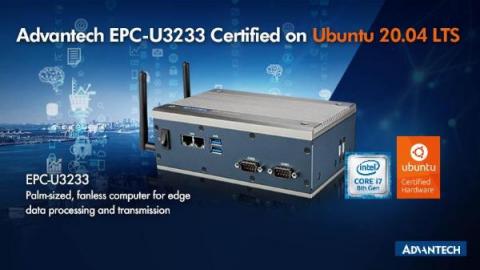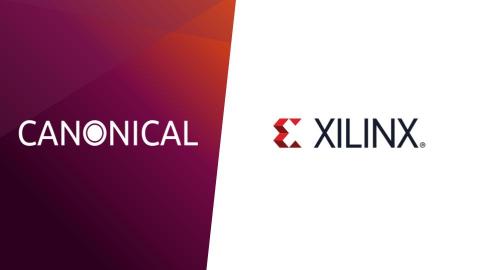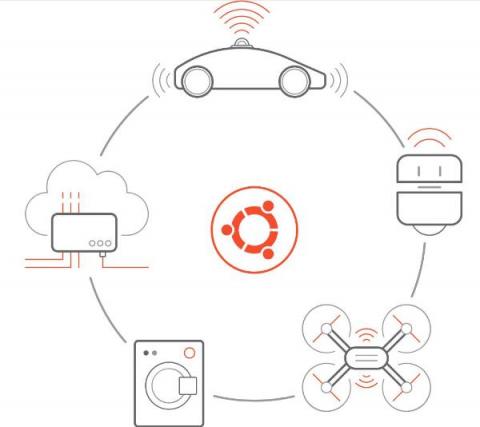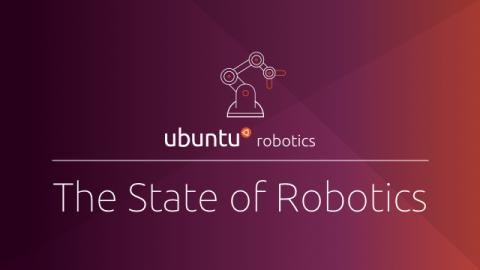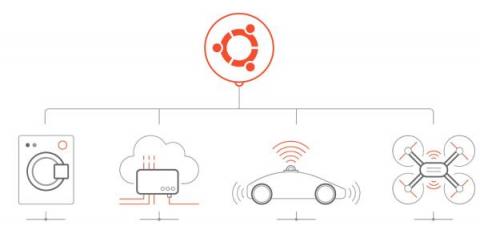Security vulnerabilities on the Data Distribution Service (DDS)
If you are currently running the Robot Operating System 2 (ROS 2), this piece is especially relevant to the security of your robots. A few weeks ago, a group of security researchers reported 13 security vulnerabilities affecting some of the most used implementations of DDS, the default middleware used by ROS 2.



